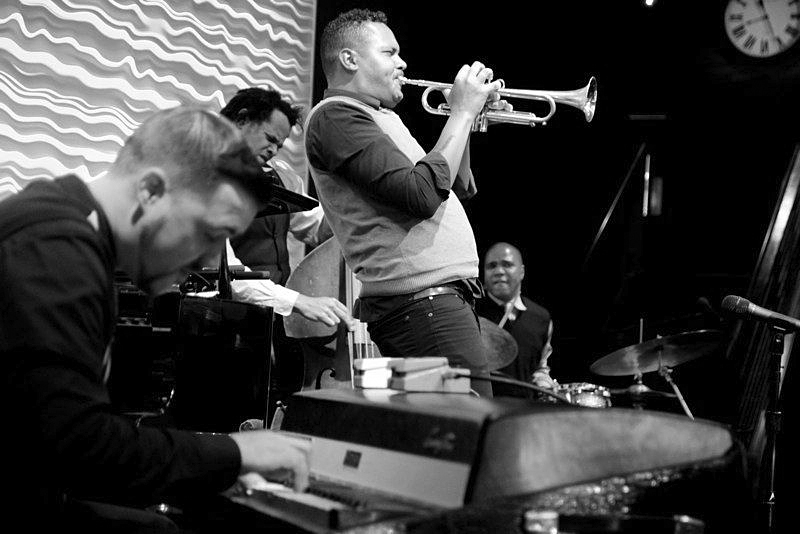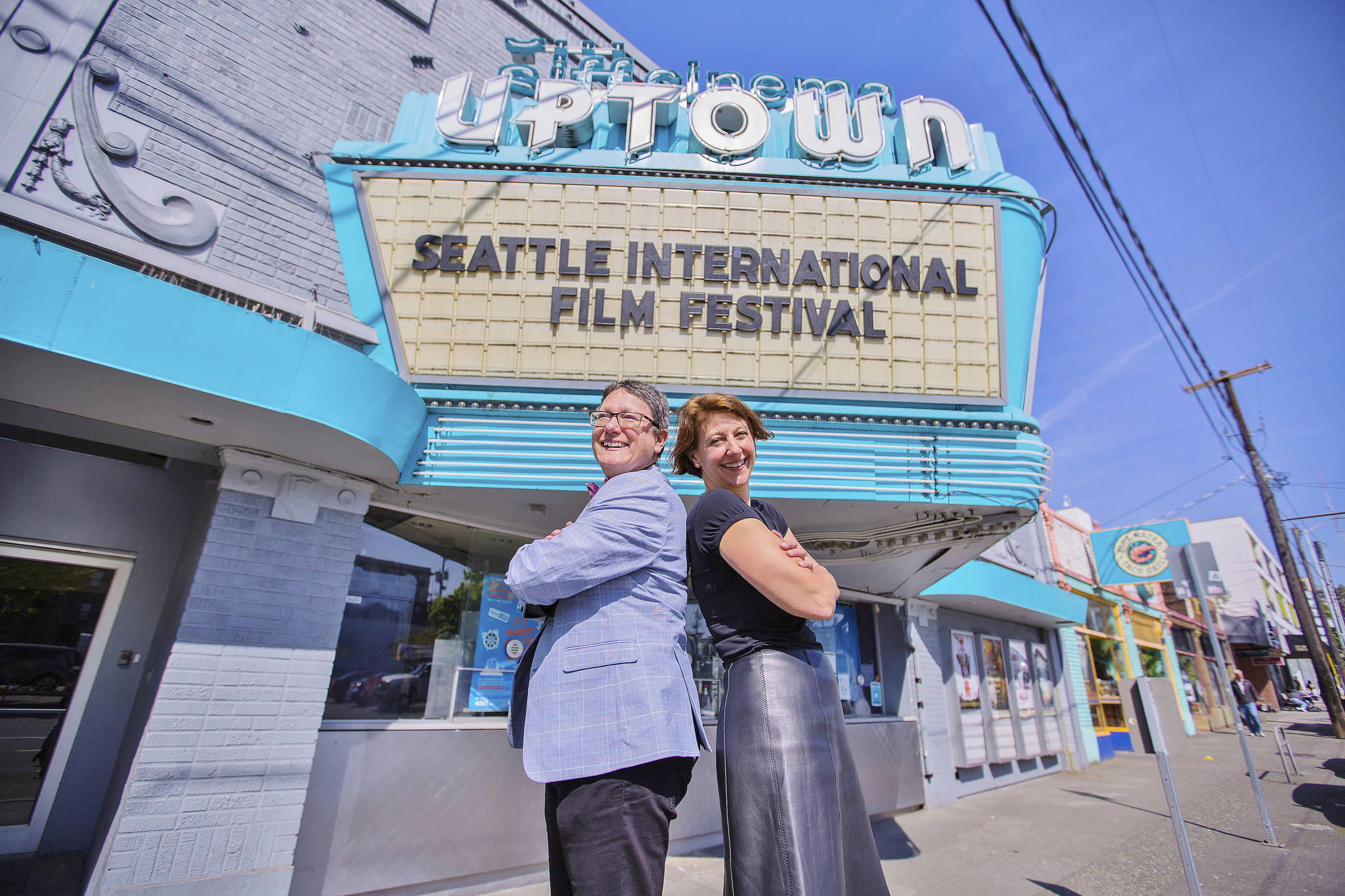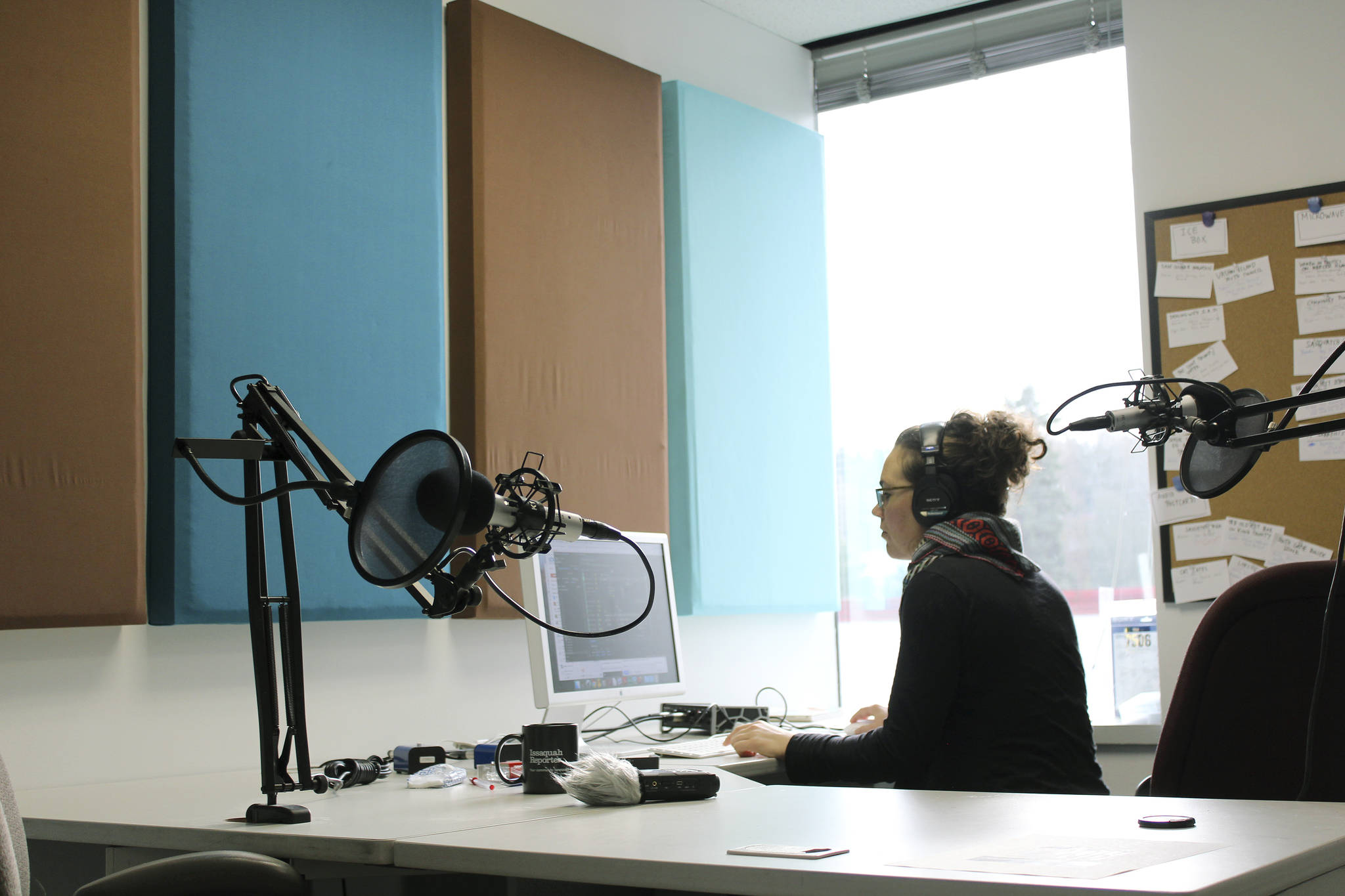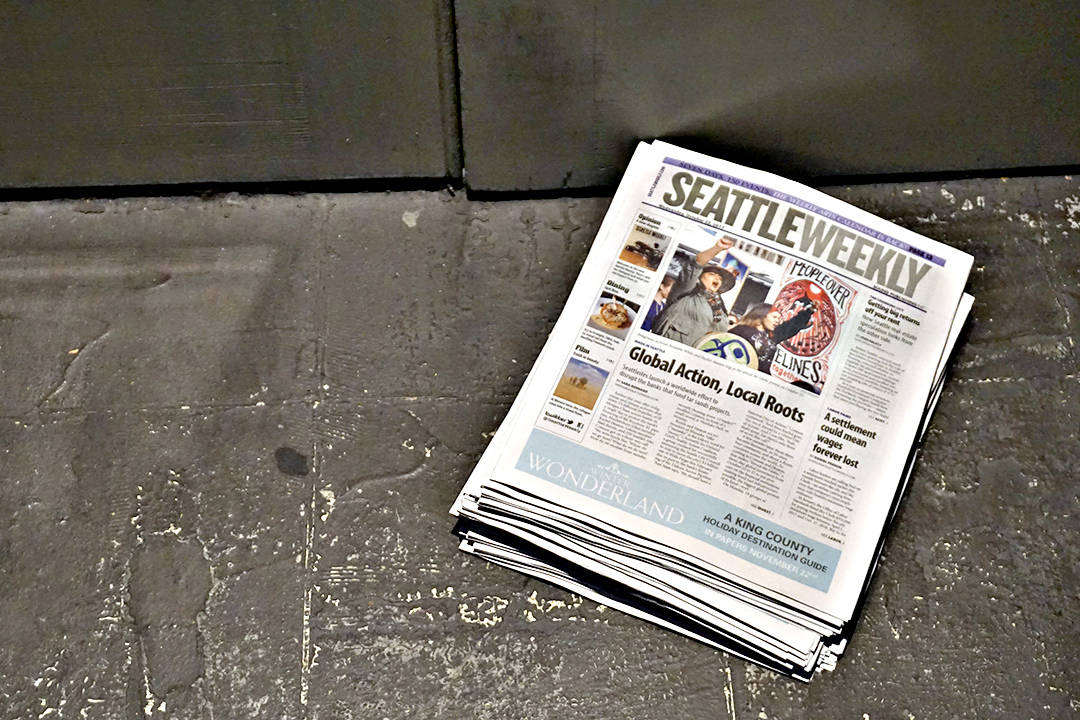The four wildly creative artists who make up the garage-jazz outfit Industrial Revelation don’t disagree—in musical terms, at least.
“I mean, we have disagreements as people, but in terms of how the song should go, no,” says Ahamefule Oluo, the band’s trumpeter, as drummer and founder D’Vonne Lewis nods in agreement over a late-morning breakfast at Cafe Selam in the Central District. “And I’m never holding my tongue. If I would feel that something should sound different, I would certainly say it, but there’s never disagreement.”
This likely isn’t surprising for those familiar with the band’s improvisational ethic and the great lengths to which its members go in search of musical agreement. The result has been prolonged and often frenzied sessions in which each member logs lengthy solos as the minutes tick-tock into the teens. But what happens when you take four artists used to creative sprawl and give them limitations? That was the idea that the band took to a large cabin overlooking Hood Canal a year and a half ago.
“Our first album was kind of basically a studio version of our live performance; the second album was a live album; and we had been talking about doing something that was more of a studio album,” Oluo says. “Our experimentation was stripping things down a little bit and being simpler with shorter songs.”
The album, titled Oak Head after the cabin where it was recorded, clocks in under 35 minutes, its eight tracks varying in length from 1:54 to 6:36 and in style from bebop to funk to Dixieland to modal jazz to psychedelia. It was, without a doubt, a tremendously successful experiment, resulting in music that’s both electrifying and accessible while managing to be just plain short.
Some sacrifices were made for that brevity; in particular, upright bass player Evan Flory-Barnes is without a solo throughout. And yet the album’s most goose-bump-inducing moments come from its simplicity—especially from Oluo’s trumpet, which does little more than repeat a phrase on the album’s shorter pieces, “Walking (without)” and “Wanting (within).”
There is still room for some unhinged improvisation, though, in particular from Fender Rhodes player Josh Rawlings, who fashions his instrument into a gnarling, discordant beast for the Lewis-composed “Shadowboxing in the Wind.” Even in that song, though, the band expresses patience and restraint, never breaking the album’s aura of peacefulness.
“I think the fact that we recorded so quickly over two days in such a wonderful environment, it meant that we could do things that were drastically different from one another and there would be a continuity no matter what,” Oluo says.
That continuity also has a lot to do with the many years these artists have spent together, trying out ideas in search of a new kind of agreement. The journey that eventually delivered Industrial Revelation into the confines of Oak Head began eight years ago when Lewis brought together the group after noticing a certain quality in the playing of a few of Seattle’s young jazz artists, starting with Oluo, with whom he’d played as a teenager.
“I noticed his freedom,” Lewis says as the waitress takes away his plate. “Even in playing a standard he was free, still. And then, with Josh, I was playing with him and we were playing in a swing band and I noticed his freedom. And with Evan, we played a standard, I noticed his freedom. I’ve played with a lot of other great musicians, but I still love the freedom of these three guys. I didn’t know exactly what we would do, but I knew that even if we were just playing standards that all three of these guys would make it somethin’.” With D’Vonne Lewis’ Limited Edition.
2312, 2312 Second Ave., 8 p.m. Sun., Oct. 13. $7 DOS. All ages.
mbaumgarten@seattleweekly.com








